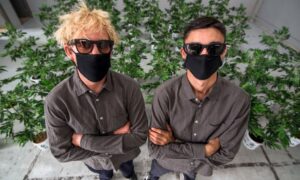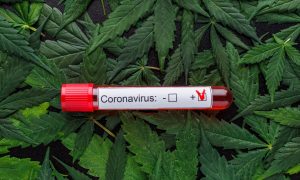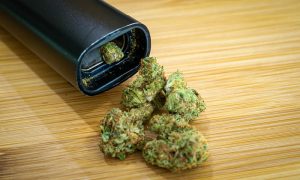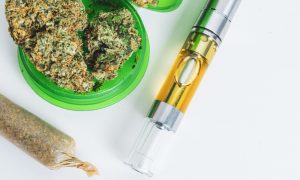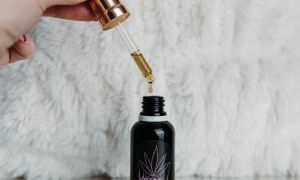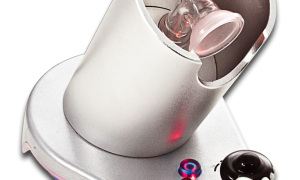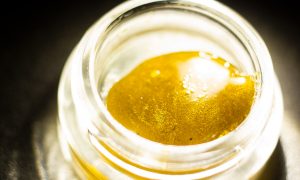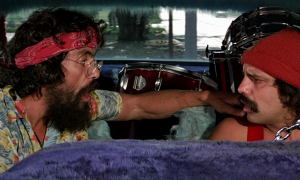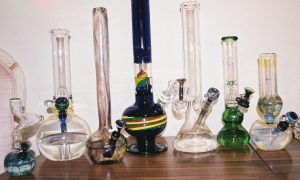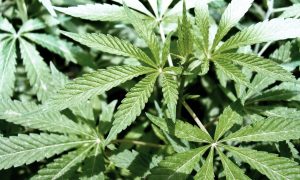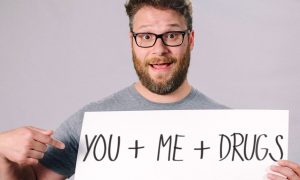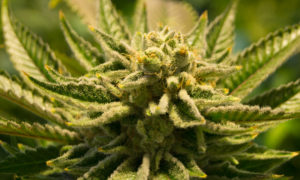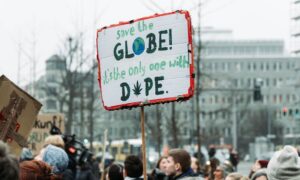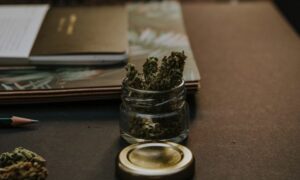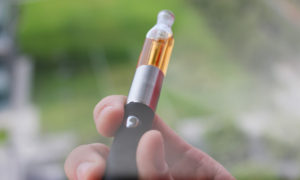Earlier this week, a secret government report – which found bikie laws were completely useless – was exposed by News Corp. Yesterday, a bunch of prominent ex-politicians and senior police denounced the war on drugs. And meanwhile, it feels like there is a drug-related festival death making headlines every other week.
The simple solution? Legalise and regulate drugs.
MORE: Prominent ex-pollies and ex-cops call for drug decriminalisation
This writer is not blind to the fact that drugs can ruin lives. But the biggest two problems with drugs at the moment – crime and deaths – are both the direct result of crap legislation (AKA the war on drugs).
Let’s start with crime. The illicit drug market is the lifeblood of organised crime in Australia, simply because of the very high demand. For ground-level users (who are already considered criminals by the state), slinging personal amounts is the easiest way to keep up the habit. For career criminals, it is the most in-demand product on the black market.
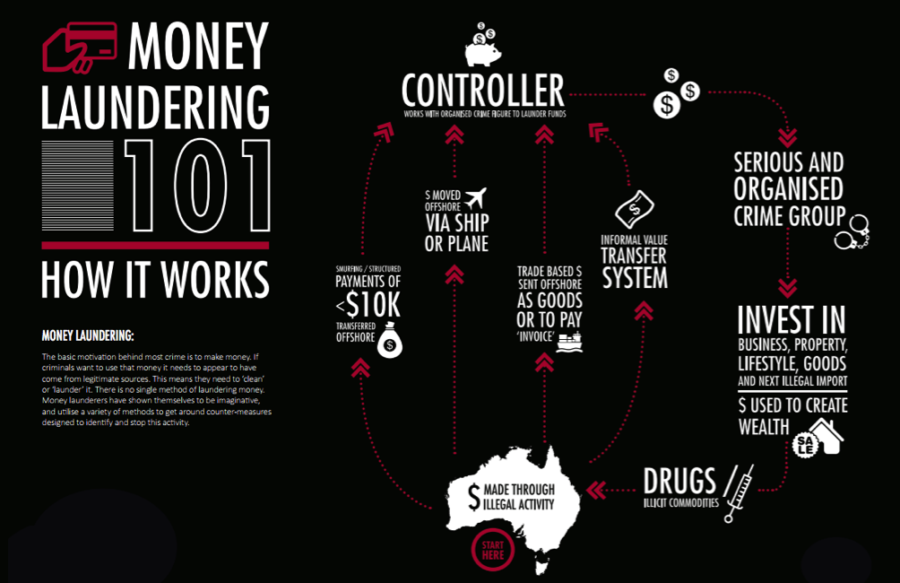
From the ACCC Organised Crime In Australia 2015 report
Legalising drugs would certainly not eradicate crime, but it would significantly reduce the size of the black-market economy. The creation of a new, legal drug economy would also potentially provide jobs for the large amounts of users and low-level dealers who really aren’t looking to do anything wrong. And let’s not forget about all the potential tax dollars to be made.
On a more anecdotal level, the full legalisation of drugs would re-define what a drug user is in Australian society. Many people who start using in their youth end up feeling alienated by the system – leading them to live a lifetime outside of the “social contract”, which can often include crime. Because drug addicts and problem users are really a health issue, not a criminal one.
The other thing about criminally produced drugs is that there’s no guarantee of what’s in them, which leads into the second major issue around the current legislation: deaths.
At the moment there is a huge social debate around pill testing. Why? Because drugs that are illegally made on the cheap are potentially a) shit or b) not what you think they are. The pill-testing advocates argue that we should be looking out for the safety of users, who are clearly going to use drugs even though they’re illegal. The problem is that state governments refuse to negotiate with these people because drugs are illegal, and governments don’t want to look weak or like they’re condoning illegal activity.
MORE: Times are a changin’ – push for pill testing, no sniffer dogs grows
Legalising drugs would mean two things. Firstly, as mentioned above, a shift in attitude towards drugs. A government stance in recognising that drug users are not automatically criminals would make dealing with issues around drug safety a lot easier, because the stigma around drugs would be reduced. Plus, this would allow for drug education to be approached in a more realistic way to a market of teens that generally ignore anti-drug messages shovelled down their throats in schools.
Secondly, it would allow for the regulated production of drugs. Of course not all drugs are safe, but they’d be a helluva lot safer if they were produced in proper, regulated conditions.
But would the legalisation of drugs not simply be condoning their use? Would Aussies not all become drug addicts overnight? Drug policy is difficult to navigate, but the truth is so many people are using drugs anyway.
Plus, let’s not forget that the two drugs that cause the most destruction – alcohol and nicotine – are quite legal already. And the government seems to feel it can have an ‘anti-tobacco’ stance while still allowing for the sale of cigarettes.
This writer is not offering a model by which this would work – there are so many things to consider: Would some drugs remain illegal? Would there be restrictions on how much you could get? What about addicts?
What this writer is offering is a reasonable opinion and conversation starter around an issue that is largely considered ‘too radical’ for the mainstream – yet would potentially see significant harm reduction in broader society.










